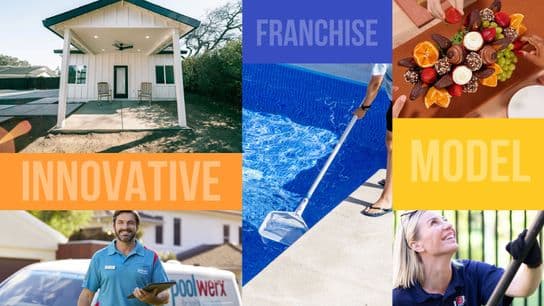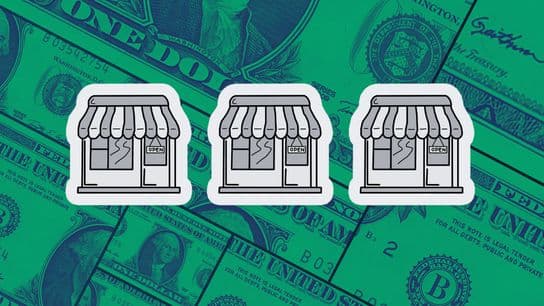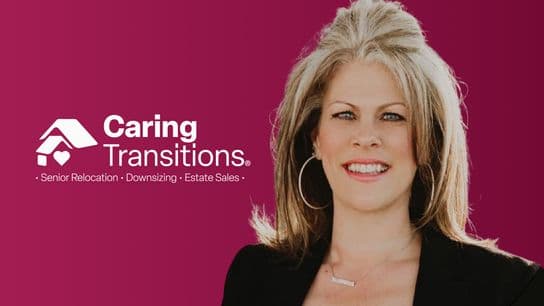What Alabama's Economic Outlook Means for Franchisors
If you’re a franchisor looking to develop your business in Alabama, you’ll want to consider the state’s policy variables and growth rates when scaling your plans.
This summer, ALEC-Laffer published its annual Economic Competitiveness Rankings, which forecasts a state’s current standing within 15 state policy variables. The report features two different rankings: Economic Outlook — a forecast based on a state’s current standing in 15 state policy variables — and Economic Performance — a retrospective measure based on a state’s performance over a 10-year period from 2008 until 2018. For the state of Alabama, these rankings reveal a lot about where the state economy is going and where there is opportunity for their economy to grow.
- 2020 Outlook Ranking: 23
- 2008–2018 Performance Ranking: 33
The State
As a result of the COVID-19 pandemic, Alabama has been described by lawmakers and economists as being in survival mode. Though numbers released by the state Department of Labor as recently as August 6th showed Alabama’s unemployment claims are at their lowest since March, there were still about 11,692 claims filed that week. About 717,198 Alabamians have filed claims in total since the pandemic began in March, 89% of which the Labor Department says have been paid.
Historically, Alabama’s economy has been deeply reliant on agriculture — a sector of the economy that has struggled consistently throughout the pandemic. Each year, Alabama generates $70 billion in revenue through the farming community. With a quarter of the state’s workforce rooted in the agriculture industry, the lack of steady income has led to a significant portion of the files claimed coming from the agriculture sector. One million dollars in direct sales creates 10 jobs in Alabama each year, and the lack of employment opportunities in the state’s largest sector is likely to motivate workers to seek other means of livelihood.
Making Sense of the Data
What does this mean for Alabama’s economy? To start with the Economic Performance report, the index shows that within the past ten years, Alabama has been outperformed by 32 other state economies. The performance index is based broadly on a state’s performance within State Gross Domestic Product, Absolute Domestic Migration and Non-Farm Payroll Employment. The category that slowed the agriculturally driven state down was their Non-Farm Payroll Employment status. Alabama only grew 3.6 percent in this category, leaving them with a ranking of 40 among states that further diversified their economies outside of farming. The southern state’s State Gross Domestic Product left them with a ranking at 40 as well, with only 28.4 percent growth.
The Economic Outlook tells another story about the Alabama economy. The ranking is based on a state’s current standing in 15 state policy variables. Each of these factors, ranging from sales tax Burden to state minimum wage, are influenced directly by state lawmakers through the legislative process. In this ranking, Alabama is seated 23rd. Although they’re ranked in the middle of the pack, The Yellowhammer State still has more potential to grow economically than 27 other states.
The report indicates that, generally speaking, states that spend and tax less experience higher growth rates than states that spend and tax more. While this is an important finding for entrepreneurs looking to start their own business, it shouldn’t discourage them from investing in the franchise of their dreams if they're in a market with a slower growth rate. For states like Alabama, this presents an opportunity to grow. The dollar is projected to stretch further in Alabama than in most other states, and, in a time when the agricultural-driven state's top source of income is struggling under the pandemic, there will be Alabamans looking for new career opportunities.
When it comes to deciding where franchisors should develop their brand, it’s always important to look at the complete picture of what the region has to offer. Although in the past Alabama has been behind in performance, its potential for growth is improving exponentially and is likely to continue upward wherever the economy’s tide may roll.
Franchise Growth Plans
So what should franchisors do with this information? Though most franchisors take a shotgun approach — meaning wherever a prospect franchisee inquires, the franchisor will typically entertain that marketplace — the strategy of looking at these overall policies can help them scale their business at a more efficient rate. With that said, the findings within the report should not be the deciding measure for franchisors, but they should play a role in the decision.
Wild Birds Unlimited*
- Current units in state: 5
- Growth capacity in state: 5+
- Total jobs created at max growth capacity: 35+
Paul Pickett, Chief Development Officer of nature-forward franchise Wild Birds Unlimited, said that Alabama is primed and ready for growth.
“Alabama has amazing markets and a great population,” said Pickett. “For us in particular, it’s a state full of wildlife and has a diverse bird population that can attract customers and new franchisees. Overall, there’s a lot of room for growth. It’s possible to have very close communication with a quality candidate and build huge volume stores with them in that market.”
Sylvan Learning*
- Current units in state: 8
- Growth capacity in state: 15
- Total jobs created at max growth capacity: 180
Courtney Wells, Sylvan Learning Franchise Development Manager, seconded the notion of Alabama’s potential. According to the early education franchisor, the state has opportunities for the right businesses that currently fit the needs of the population.
“We have locations that span middle-Alabama, and they’ve all done quite well from a membership perspective,” said Wells. “Despite the current economic climate, our locations in Birmingham and Tuscaloosa in particular have flourished. In a time where so many parents are having to manage their kids’ learning experiences from home or with our in-person school support, we’re there to help them through this difficult time. If anything, the need for our services has grown.”
Hand & Stone Massage and Facial Spa
- Current units in state: 1
- Growth capacity in state: 10
- Total jobs created at max growth capacity: 200
Hand & Stone’s Director of Franchise Development Nicole Alburger said Alabama has been a key state for expansion in the past year.
“Alabama is an emerging market for us,” said Alburger. “We just have one location there right now, and it is on our target market list for expansion in 2020 and 2021. In emerging markets, we always look for a really strong franchisee, who can springboard our growth. In Alabama, we opened up with a multi-brand franchisee who really came out of the gate strong in Huntsville. Now we’re looking for more franchisees who can take that momentum and run with it with multiple locations.”
Franchise Brands Headquartered in Alabama
*This brand is a paid partner of 1851 Franchise. For more information on paid partnerships please click here.









